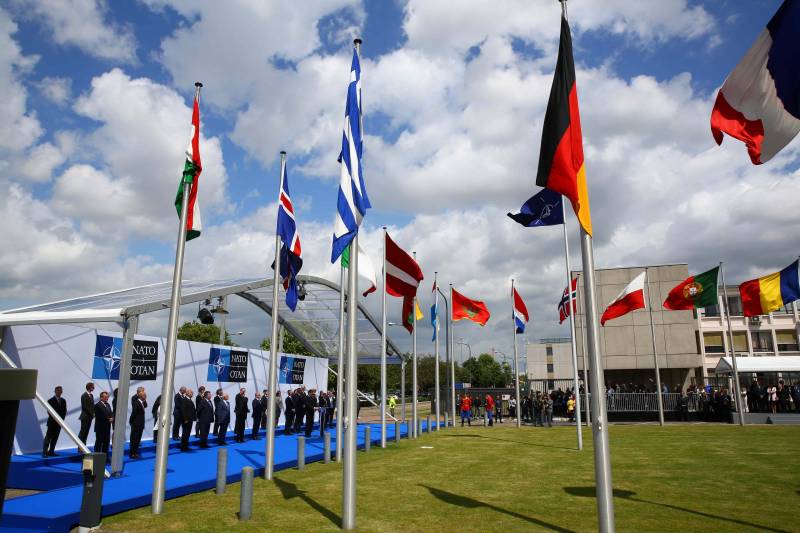NATO-Russia Council Frozen Due to West-2017 Exercise
As before, the Baltic countries and Great Britain became the main opponents of the dialogue.
The date of the next meeting is unknown. The NATO publication said that now they are only considering the possibility of convening the next meeting.
“Since the summer of 2016, the NRC has held five meetings to discuss topics such as the situation in Ukraine and Afghanistan, military transparency and risk reduction. NATO allies are open to a periodic, focused and meaningful dialogue with Russia in the NRC, ”the alliance’s press service added.
Russia's permanent representative, Alexander Grushko, has repeatedly stated that NATO’s reluctance to "step down from the politicized and counterproductive position it took at the summits in Wales and Warsaw is preventing the establishment and development of relations between Russia and the alliance."
Earlier, Estonian President Kersti Kaljulaid said that during the “West” exercise, a military operation against NATO would be worked out. And after the completion of the maneuvers, the MEP from Latvia, Artis Pabriks, stressed that with the help of such events Moscow is “preparing for a large-scale war”.

Information